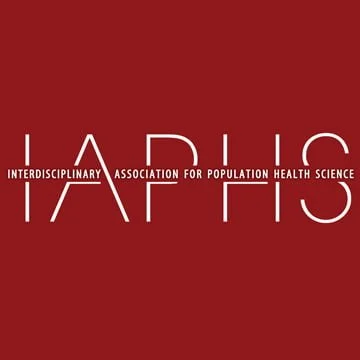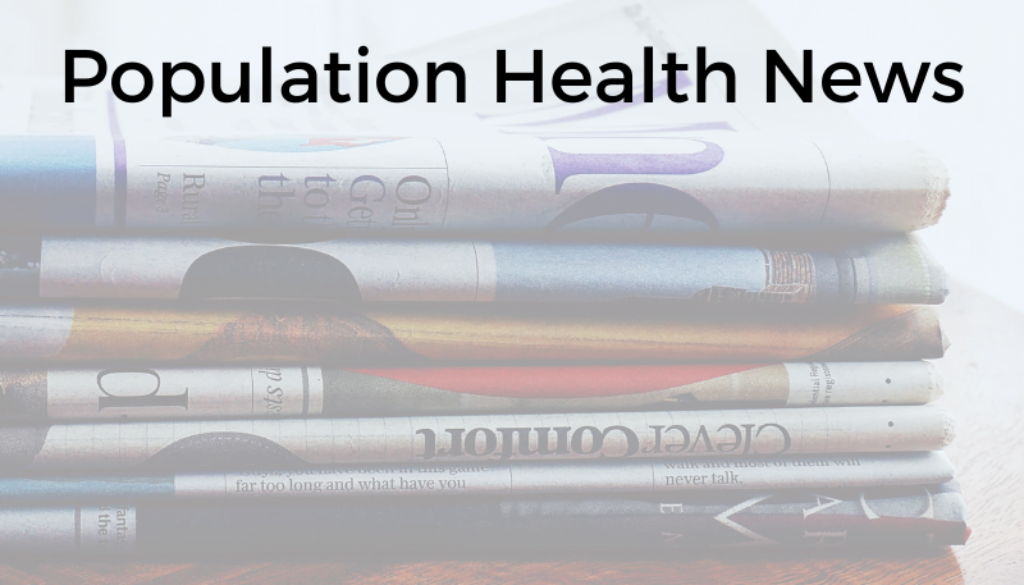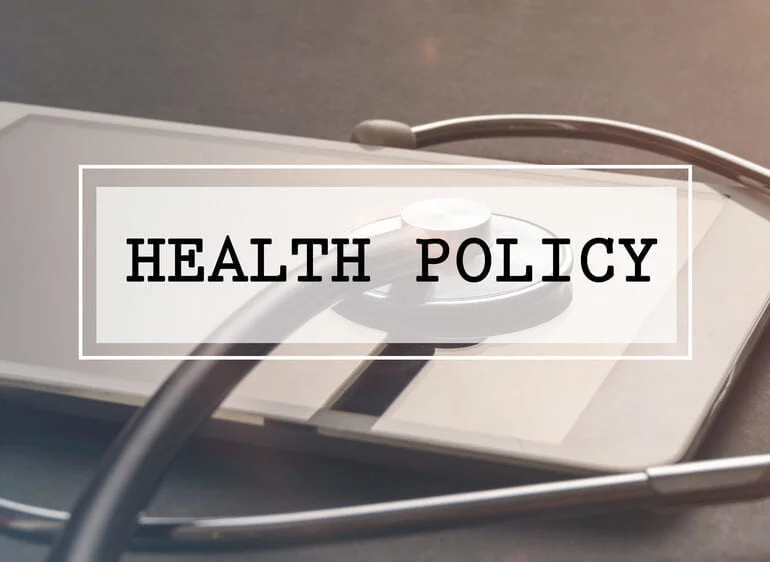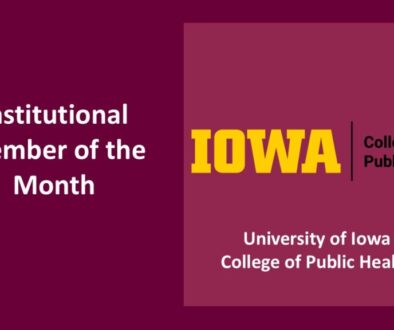Population Health News Round-Up: November 2023
JoAnne DyerIAPHS Members in the News

Roland J. Thorpe was honored at the Hopkins Center for Health Disparities Solutions Fall Celebration at John on September 13, 2023. Watch the video tribute to Dr. Thorpe on YouTube.
Sandro Galea has hope for progress against gun violence in Psychology Today: “In Massachusetts, for example, we have one of the lowest rates of gun violence in the country. We achieved this through a process of commonsense reform, including banning military-style assault weapons, requiring universal safe storage laws for guns, and the thoughtful regulation of the gun industry.” (November 1, 2023)
Rita Hamad in Health & Place: “Neighborhood-level income and education were most consistently associated with cardiovascular risk factors, whereas welfare transfers were most consistently associated with cardiovascular disease.” A natural experiment with a cohort of refugees in Denmark was performed. (November 2023)
Brittany N. Morey in Frontiers in Public Health: “Our study shows that overrepresentation of Filipinxs in healthcare contributes to COVID-19 mortality disparities among Asian Americans. Our findings advocate for systems change by practicing anti-racist data agendas that collect and report on Asian subgroups for effective real-time targeted approaches against health inequities.” (August 25, 2022)
David C. Colston in the International Journal of Drug Policy: “We identified several patterns by which people who use drugs evaluate community members who sell sex. These included gendered and morally-charged forms of stigma, which may represent barriers to community acceptance and support among this subgroup.” (October 19, 2023)
Health Equity and Disparities
Unionized jobs are associated with improved health in older adults: Unionization partially ameliorates disparities associated with “privileged social positions.” (Journal of Health and Social Behavior, October 31, 2023)
Hearing-related quality of life is disproportionately worse for some kids: [R]ace and ethnicity and neighborhood disadvantage are associated with hearing-related [Quality of Life] QOL in [Deaf and hard-of-hearing] DHH children.“ (JAMA Network Open, October 30, 2023)
Racism is harming the health of Black youth: “Black kids experience their first microaggression by age 6,” according to this article, and racism can lead to elevated cortisol, a flight/fight/numb response, anxiety, and even body twitches. (Captial B News, October 16, 2023)
Environmental Health and Justice
Fossil fuel racism continues: In Los Angeles, low-income communities of color face greater risk from oil wells than wealthier communities do. Oil wells are often closer and uncovered, and they can lack noise protections. (AJPH, November 1, 2023)
The “father of environmental justice” sees progress but much left to do: Robert D. Bullard began collecting data on race and pollution exposure back in the 70s. In this Scientific American article, Dr. Bullard shares his thoughts on the environmental justice movement. (Scientific American, September 19, 2023)
Built Environments, Spaces, and Places
Who will protect outdoor laborers from the health risks of extreme heat?: Few regulations at any level of government protect workers from heat, and undocumented laborers and Latinx workers are disproportionately at risk. (Grist, October 19, 2023)
In Flint, Michigan, children face worse mental health: Depression and anxiety were more common among children in Flint than in children around the country. Data “may reflect the pathogenesis of exposure to lead and trauma as well as historic and systemic adversity.” (AJPH, July 23, 2023)
In poorer neighborhoods, cancer patients die sooner: Unfairness in treatment, such as starting treatment later or receiving “suboptimal care,” was observed. (Berkeley Public Health, November 8, 2023)
Policy and Programs
100 Million Mouths Campaign aims to integrate oral health into primary care training: The program hopes to “create 50 state oral health education champions (OHECs) who will work with primary care training programs to integrate oral health into their curricula.” The pilot program was implemented successfully. (Annals of Family Medicine, February 2023.)
Cash may be better than programs: Direct payments to individuals and families may be more effective and efficient, as illustrated during the COVID pandemic. Some groups are giving this concept a try. (Boston University School of Public Health, November 3, 2023)
Our aging population and the many looming disasters: Long-term care (LTC) can cost $100,000 a year or more, and Medicaid pays for LTC only when financial assets are nearly depleted. Government programs are falling far short. Families are picking up the slack — until they can’t. (Kaiser Family Foundation News and the New York Times, November 14, 2023)










All comments will be reviewed and posted if substantive and of general interest to IAPHS readers.